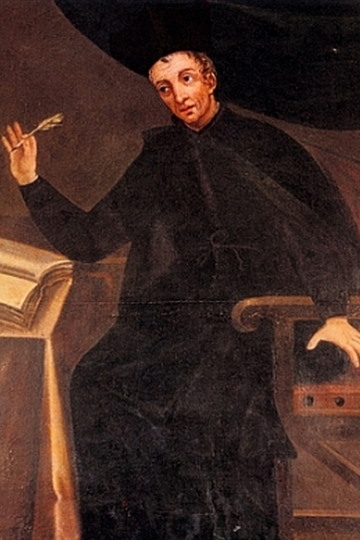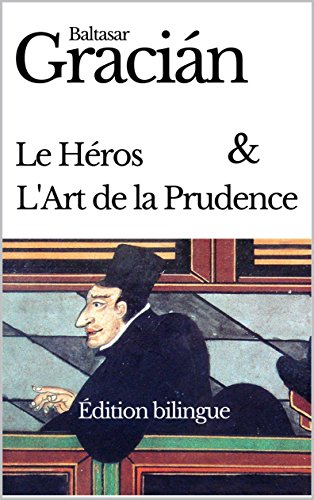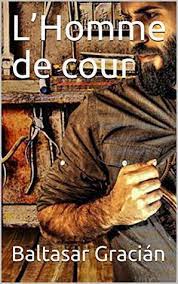What are you looking for at Aqrani library?

Summary: Baltasar Gracián y Morales, S.J. ( 8 January 1601 – 6 December 1658), better known as Baltasar Gracián, was a Spanish Jesuit and baroque prose writer and philosopher. He was born in Belmonte, near Calatayud (Aragon). His writings were lauded by Schopenhauer and Nietzsche. The son of a doctor, in his childhood Gracián lived with his uncle, who was a priest. He studied at a Jesuit school in 1621 and 1623 and theology in Zaragoza. He was ordained in 1627 and took his final vows in 1635.He assumed the vows of the Jesuits in 1633 and dedicated himself to teaching in various Jesuit schools. He spent time in Huesca, where he befriended the local scholar Vincencio Juan de Lastanosa, who helped him achieve an important milestone in his intellectual upbringing. He acquired fame as a preacher, although some of his oratorical displays, such as reading a letter sent from Hell from the pulpit, were frowned upon by his superiors. He was named Rector of the Jesuit College of Tarragona and wrote works proposing models for courtly conduct such as El héroe (The Hero), El político (The Politician), and El discreto (The Discreet One). During the Spanish war, he was chaplain of the army that liberated Lleida in 1646.In 1651, he published the first part of the Criticón (Faultfinder) without the permission of his superiors, whom he disobeyed repeatedly. This attracted the Society's displeasure. Ignoring the reprimands, he published the second part of Criticón in 1657, as a result was sanctioned and exiled to Graus at the beginning of 1658. Soon Gracian wrote to apply for membership in another religious order. His demand was not met, but his sanction was eased off: in April 1658 he was sent to several minor positions under the College of Tarazona. His physical decline prevented him from attending the provincial congregation of Calatayud and on 6 December 1658 Gracian died in Tarazona, near Zaragoza in the Kingdom of Aragon.
Books of Baltasar Gracian

